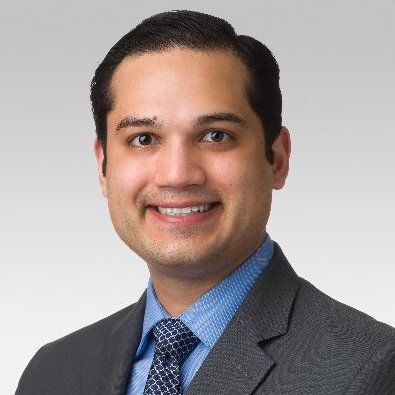Article
Personalized Medicine: Tailoring Drug Therapy to Genes--November 2008
Author(s):
A new project will help 100,000 pharmacists and students across the country learn more about the fast-growing field of pharmacogenomics.
In response to increasing awareness of the important link between genetics and individual responses to drug therapy, a new program has been launched to educate 100,000 pharmacy practitioners and students across the country about this fast-growing field.
The Skaggs School of Pharmacy and Pharmaceutical Sciences at the University of California, San Diego, is collaborating with the American Pharmacists Association, the American Society of Health-System Pharmacists, and the American Association of Colleges of Pharmacy on the project, “Pharmacogenomics Education Program: Bridging the Gap Between Science and Practice” (PharmGenEd). The Centers for Disease Control and Prevention (CDC) is providing $1 million in funding for the 3-year program.
“The field of genomics and its scientific discoveries are developing at a dazzling pace,” noted the program’s principal investigator, Grace Kuo, PharmD, MPH. “Pharmacogenomics has a promising potential to increase the response rate of drug therapy and decrease the events of adverse drug reactions. It may help us focus on safe and effective drug management to provide personalized medicine by choosing the most appropriate therapy for a particular patient.”
A major aim of the program is to increase awareness of the use of pharmacogenomic testing. “Typing major genes affecting drug action has become cost-effective, and various genetic tests have been developed,” said Dr. Kuo. “We will explore how these testing tools can be used to improve pharmacotherapy and prevent adverse drug outcomes in real practice, based on scientific evidence.”
The program team will work closely with the CDC to develop educational materials focusing on basic pharmacogenomics concepts and their clinical applications, incorporating live and online components, including Web-based virtual communities.
A key component of the program is to “train the trainer” in methods to teach the next generation of pharmacists.
For other articles in this issue, see:
CDC Reports Dramatic Increase in Diabetes Cases
Pharmacists Held in High Regard, Survey Says
Price, Value Key in OTC Medication




